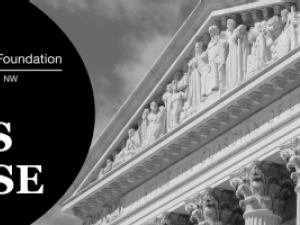AGR's safety protocols protect shipments of toxic and poisonous materials. The safety protocols begin with advance notification of a car's delivery and continue with a special inspection of the car once it comes into the railroad's possession. The toxic/poison cars are then placed into short, dedicated trains with no more than three toxic/poison cars per train after which the dedicated train is operated at a deliberate pace.
Interests challenging the enhanced safety practices want the STB to order AGR to immediately discontinue its new safety protocols and want the STB to prohibit future implementation of enhanced safety protocols.
The group also inaccurately told the STB that the enhanced safety program's procedures and requirements impose 'unnecessary and wasteful additional costs on the movement of [toxic] materials,' and that once implemented 'there will be no practicable way for the shippers and receivers of these [toxic] commodities to avoid the burdens or recover the costs incurred.'
RailAmerica railroads have an obligation to provide common carrier service upon reasonable request and without imposing unreasonable requirements. 'Moving toxic materials and poison by rail imposes burdensome, costly and risky obligations on railroads,' said Paul Lundberg, RA's chief operations officer. ''Steps that enhance public safety should not be considered unnecessary, wasteful or burdensome where toxic and poisonous materials are concerned. 'We look forward to defending safe-handling practices designed to protect colleagues, neighbors and the communities we serve.'









